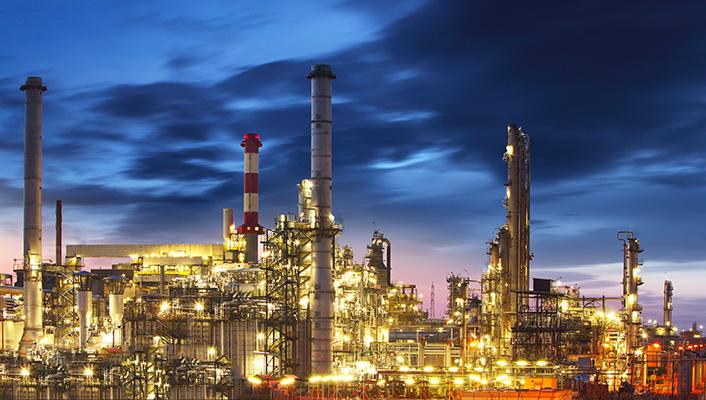
Saudi Arabia keeps oil output at record pace
OPEC oil output reached the highest monthly level in recent history in July, a Reuters survey found on Friday, as Saudi Arabia and other key members show no sign of wavering in their focus on defending market share instead of prices.
The latest boost from the Organization of the Petroleum Exporting Countries adds to excess supply in the market without the significant rise in demand OPEC hopes will happen in the second half of the year and in 2016.
Saudi Arabia has kept output steady or higher than in June, which was a record, sources in the survey said, as Riyadh meets higher demand internationally and from domestic power plants and refineries.
Riyadh reported crude oil production of 10.6 million barrels a day in June in the monthly oil market report published by OPEC. This is an increase of more than 200,000 bpd on the previous month and its highest level since records began.
If Saudi Arabia keeps increasing production at this rate, it could, by the end of the summer, be the first country to pump 11 million bpd of crude since the former Soviet Union.
“Oil exports seem to be constant and what is now impacting income for Saudi Arabia is the decline in oil prices. Brent is close to $50 a barrel now and seem to be hitting a plateau barring any material supply event,” commented John Sfakianakis, Middle East director at Ashmore Group.
“Regardless of where total oil production is, what would impact more fundamentally revenues would be total oil exports,” he added.
Basil Al-Ghalayini, CEO of BMG Financial Group, said: “Fluctuations of oil prices, including the recent decline, have not really affected the Saudi government’s commitment to mega infrastructure projects, which are the driving force of the local economy.”
He added: “The Saudi private sector relies, to a large extent, on government spending. Having said that, the Saudi stock market has been positively correlated to the these fluctuations.”
Al-Ghalayini said: “On the global level, we are yet to see the outcome of certain decisions by Iran, Russia and China, which may have a big impact on the pushing the prices even lower during the course of next year.”
OPEC has upped production by more than 1.7 million bpd since it decided in November 2014 to defend market share against rising output from rival producers.
Oil prices have dropped more than 15 percent in July and halved in the past year.
OPEC supply has risen in July to 32.01 million barrels per day (bpd) from a revised 31.87 million bpd in June, according to the survey, based on shipping data and information from sources at oil companies, OPEC and consultants.
Some analysts say there are signs OPEC’s efforts to discourage growth in more expensive-to-develop rival supply sources are bearing fruit.
“We believe that oil prices should stabilize in the near future because we are confident that OPEC’s strategy will pay off in the sense that non-OPEC production will slow,” said Eugen Weinberg of Commerzbank.
OPEC shows no sign of changing course despite the price drop. Secretary-General Abdullah Al-Badri, on a visit to Moscow, dampened the prospect of output cuts.
If the total remains unrevised, July’s supply would be OPEC’s highest since 2008 — when oil prices hit a record $147 a barrel before collapsing, and production was above 32 million bpd until Indonesia left the group at the end of the year.
July’s output from OPEC’s current 12 members is their highest since Reuters survey records began in 1997.
The biggest increase in July has come from Iraq, one of the main drivers of the rise in OPEC output this year.
The only significant decline in output occurred in Libya, where supply remained disrupted by unrest and negotiations to reopen closed oil facilities had yet to succeed.
Demand for OPEC oil is expected to rise in the second half of the year as global consumption reaches its annual peak.
In 2016, OPEC forecasts demand for its oil will be nearly 1 million bpd higher than in 2015 due to an increase in world demand growth and a slowdown in supply growth from countries outside the group.
While Commerzbank said it was hopeful OPEC would agree to tighten supplies at its next gathering in December, some OPEC delegates are bracing for a difficult meeting as they see little appetite for cutbacks.
“I believe the Saudis and Gulf states will stick to their strategy of market share,” said a delegate from outside the Gulf. “The next OPEC meeting will be hard and crucial for the organization.”


























